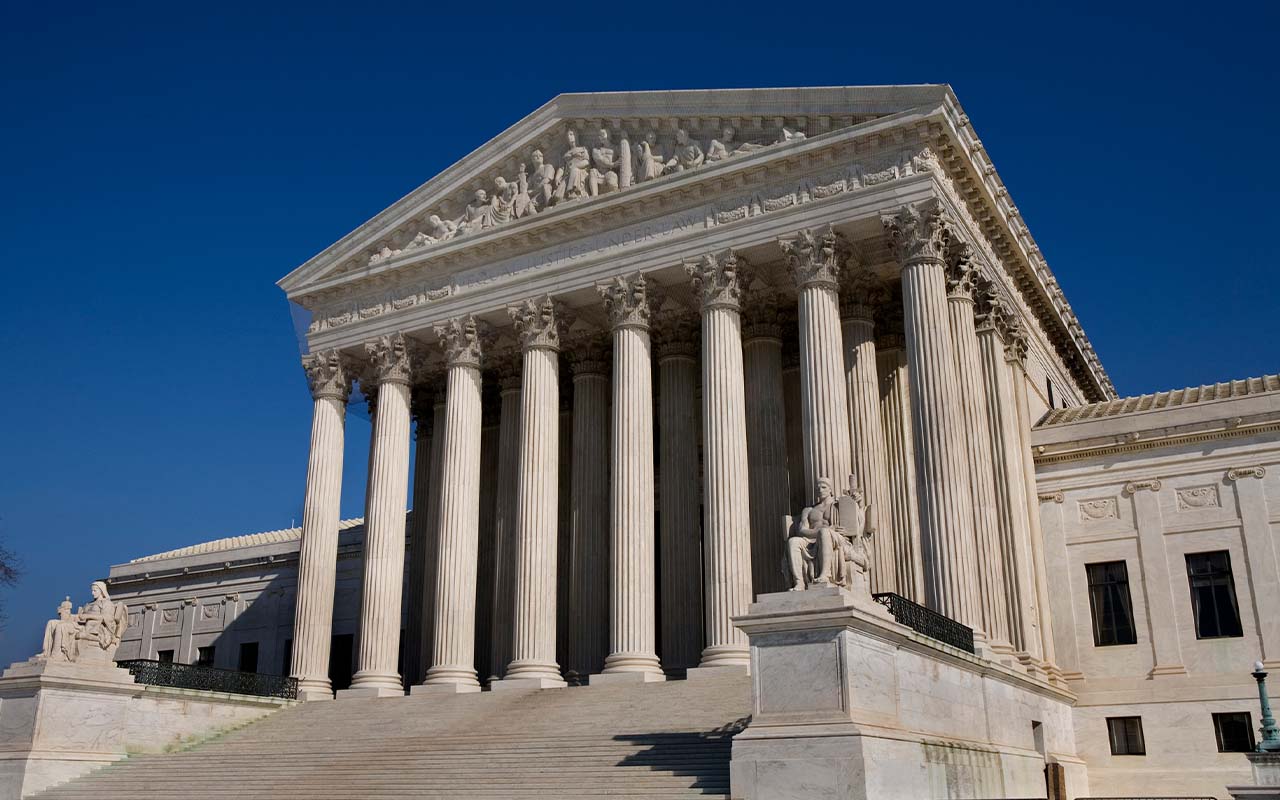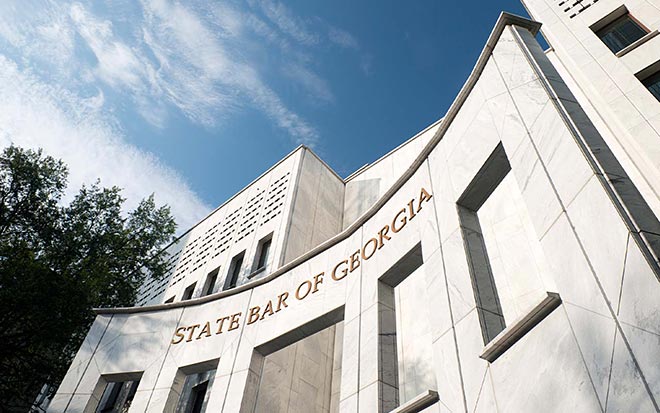Oct. 10, 2025
California Governor Signs California CARS Act into Law
On October 6, 2025, California governor Gavin Newsom signed into law the “California Combating Auto Retail Scams” or “CARS” Act. Effective October 1, 2026, the California CARS Act will impose substantial new disclosure obligations on new car dealers and create new rights for used car purchasers in that state. The California law follows an unsuccessful effort by the Federal Trade Commission (FTC) to adopt a rule that would have imposed similar requirements on dealers nationwide.
Requirements of California CARS Act
Beginning in October 2026, new car dealers in California will be required to disclose “clearly and conspicuously” that any optional add-on product in connection with a new car purchase is not required and the consumer can purchase or lease the vehicle without the add-on. Dealers also will be prohibited from charging for any add-on product or service that would provide no benefit to the buyer, such as nitrogen-filled tire-related products that contain less than 95% nitrogen purity or oil changes for electric vehicles.
The California CARS Act also will requires dealers to disclose “clearly and conspicuously” the “Total Price” of a new car—defined as the total sale price of a vehicle, excluding taxes, fees, and certain other charges—in any advertisements that reference a specific vehicle, as well as in the first communication with a consumer. In addition to addressing issues relating to new car sales, the California CARS Act adds a “Cooling-Off Period” for any used vehicle purchase, giving a customer three-days to return the vehicle and cancel the purchase contract. The Cooling-Off Period does not apply to new vehicle purchases.
FTC Unsuccessful in Adopting Similar Rule
The California law comes several months after the National Automobile Dealers Association (NADA) successfully challenged a similar rule adopted by the FTC. On January 27, 2025, the U.S. Court of Appeals for the Fifth Circuit in a 2-1 decision vacated the FTC’s CARS Rule, finding the agency failed to comply with statutory notice requirements before adopting the new regulation. The FTC did not appeal the Fifth Circuit ruling, leaving state lawmakers and enforcers to determine whether there is benefit to similar laws and regulations. In addition to the California CARS Act, the Massachusetts Attorney General has adopted a “Junk Fee Rule” under that state’s consumer protection law that broadly applies to consumer purchases, including cars.









